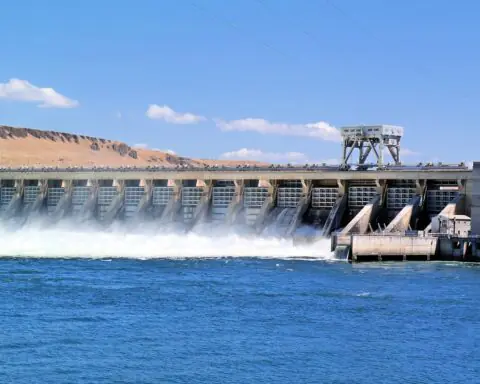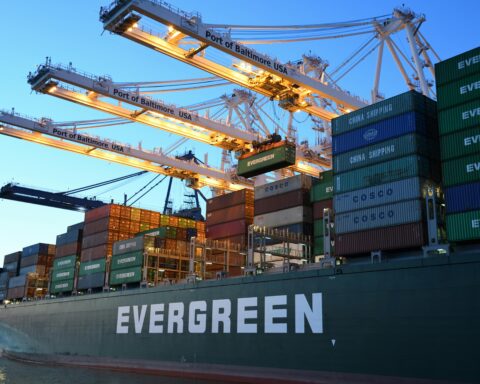Maine Gov. Janet Mills signed an Executive Order on Monday that would boost the participation of women in Maine’s construction sector, which faces a significant shortage of workers overall. Women currently make up 15% of the state’s construction industry, compared with 11% nationwide.
“Women are a crucial part of Maine’s workforce, and they should be welcomed and embraced in every sector of our economy, including those traditionally dominated by men like the construction industry and the trades,” Mills said. “This Executive Order will create pathways for more women to enter and succeed in these important jobs at a time when our state and the industry needs them most.”
In the construction industry, pay discrepancies between genders is among the lowest in the country, with women earning 95.5 cents on the dollar men receive in compensation.
“New attitudes and technologies have helped broaden and diversify our industry’s workforce,” said Joyce Taylor, chief engineer at the Maine Department of Transportation. “Today, a career in construction is a good fit for anyone who wants to challenge herself and feel pride in her accomplishments at the end of each day. If you work hard in our industry, you will be welcomed, respected and rewarded.”
Executive Order 7 contains mandates for several state agencies to gather data and determine appropriate steps to boost female participation in construction.
- The Department of Labor will assess the current presence of women working for construction firms, identify barriers to their inclusion and evaluate existing recruitment and retention strategies.
- The departments of Labor, Health and Human Services, and Economic and Community Development will team up to improve connections between construction businesses and women in educational programs, including pre-apprenticeship, apprenticeship and higher education, as well as job seekers registered with Maine’s Career Centers.
- The departments of Transportation and Economic and Community Development, along with the Governor’s Energy Office, will gather and distribute data from construction projects that receive funds through both the Bipartisan Infrastructure Law and the Inflation Reduction Act. This data aims to determine the gender demographics of the existing workforce, the required additional workforce for completing infrastructure projects and available support mechanisms such as training opportunities.
- The departments of Labor, Health and Human Services, and Economic and Community Development will work with the Governor’s Office of Policy Innovation and the Future to pursue grant opportunities to improve the recruitment and hiring of women in the construction industry.
This is not the state’s first foray into investments to enhance career pathways for women in the trades. Through the Maine Jobs & Recovery Plan, the state has allocated over $12 million to expand the Maine Apprenticeship Program and $20 million to bolster career and technical education.
“Bringing women into the workforce and diversifying a team is the most important aspect to both construction executives and to strengthen the workplace,” said Mary Matthews, president of the Maine Chapter of the National Association of Women in Construction. “It’s necessary to include women in the industry because it creates a stronger and more advanced talent pool.”
The state also provides free community college tuition for all Maine high school graduates from the classes of 2020-2025.













